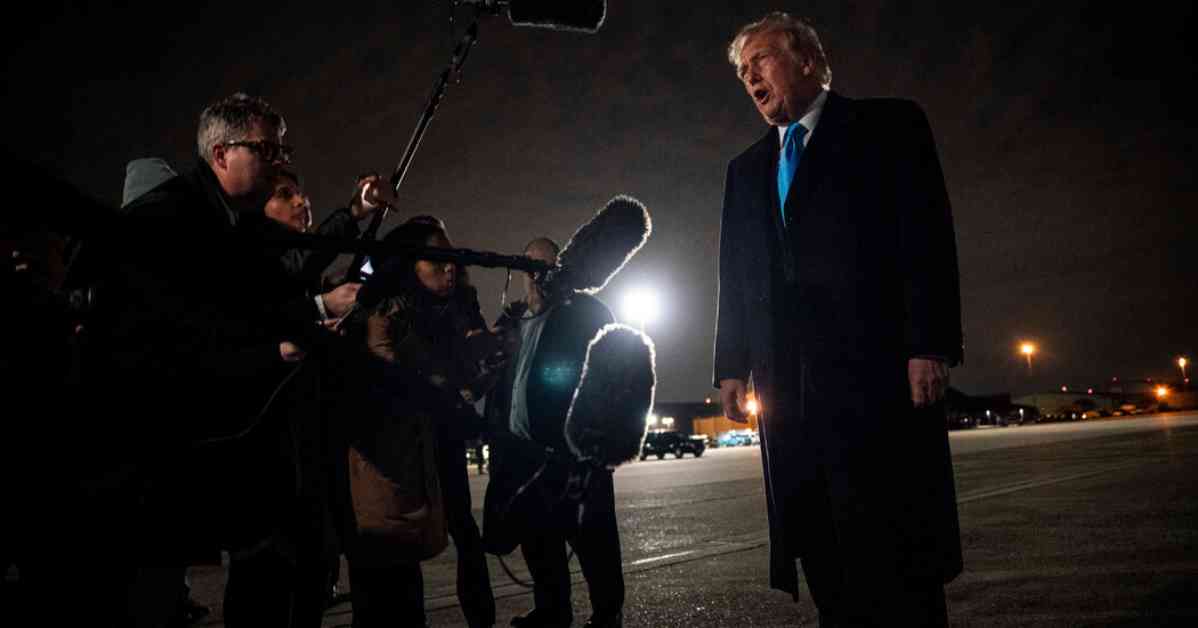The White House press pool has been a topic of discussion due to recent changes by the administration, which has sparked concerns about press freedom and access to the President. This move marks a significant shift in how news organizations are allowed to cover the President, raising questions about the role of the press pool and its importance in maintaining transparency and accountability in the White House.
### The Purpose of the Press Pool
The press pool was established during President Dwight D. Eisenhower’s term to address the practical challenge of determining which correspondents should be present when the President makes news in small spaces like the Oval Office. This initiative was a collaborative effort between news organizations and presidential administrations across party lines to ensure that a select group of correspondents, TV cameras, and photographers could represent the broader White House press corps in these intimate settings.
The press pool operates on the premise that a small group of reporters, chosen by the White House Correspondents’ Association (W.H.C.A.), would have access to the President in various locations, serving as the eyes and ears of the broader press corps. The W.H.C.A., established in 1914, is an independent organization responsible for accrediting members to cover the President. This system allows for a balance of transparency and access while maintaining journalistic integrity and accountability.
### The Administration’s Control Over the Press Pool
However, the recent decision by the White House to seize control of the press pool covering President Trump has raised concerns about the administration’s influence over media coverage and the freedom of the press. By asserting authority over which news organizations and reporters are allowed to question the President in settings like the Oval Office and Air Force One, the administration is challenging the traditional autonomy of the press pool and potentially limiting the diversity of perspectives in White House coverage.
This move has sparked debates about press freedom, government transparency, and the role of the media in holding public officials accountable. Critics argue that by controlling the press pool, the administration may be able to manipulate the narrative, limit critical questioning, and restrict access to information that is essential for an informed public. The implications of this decision extend beyond the press pool itself, affecting the broader landscape of journalism, democracy, and public discourse.
As the administration’s control over the press pool continues to evolve, it is essential for journalists, news organizations, and the public to remain vigilant in upholding the principles of a free press, transparency in government, and the importance of independent media in a democratic society. The future of the press pool and its role in covering the President will undoubtedly shape the relationship between the White House and the media, influencing the public’s access to information and the accountability of those in power.

